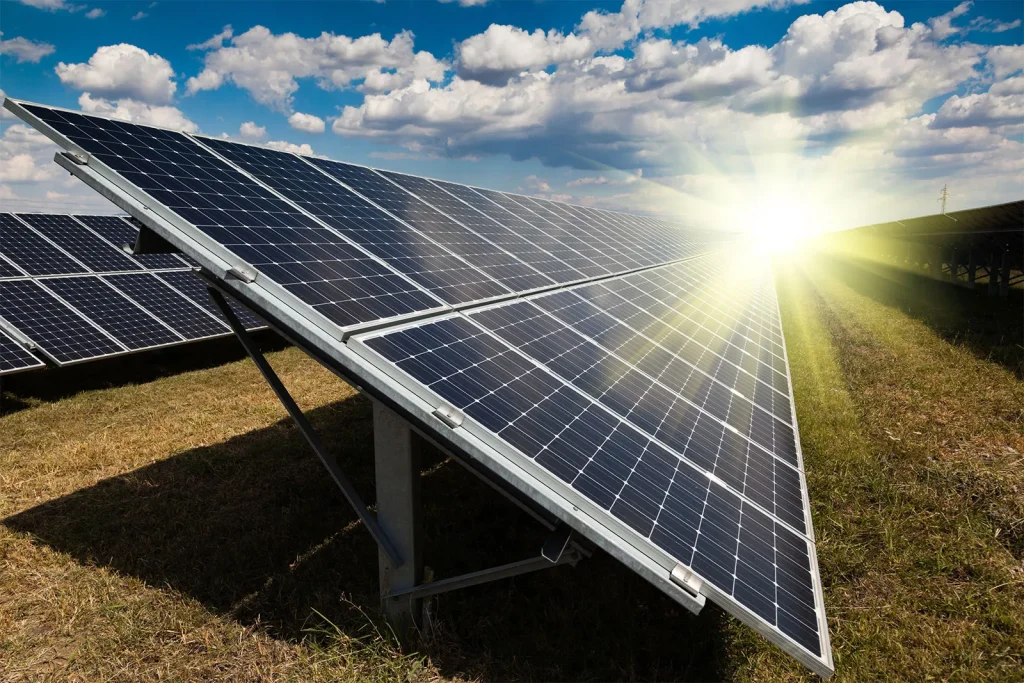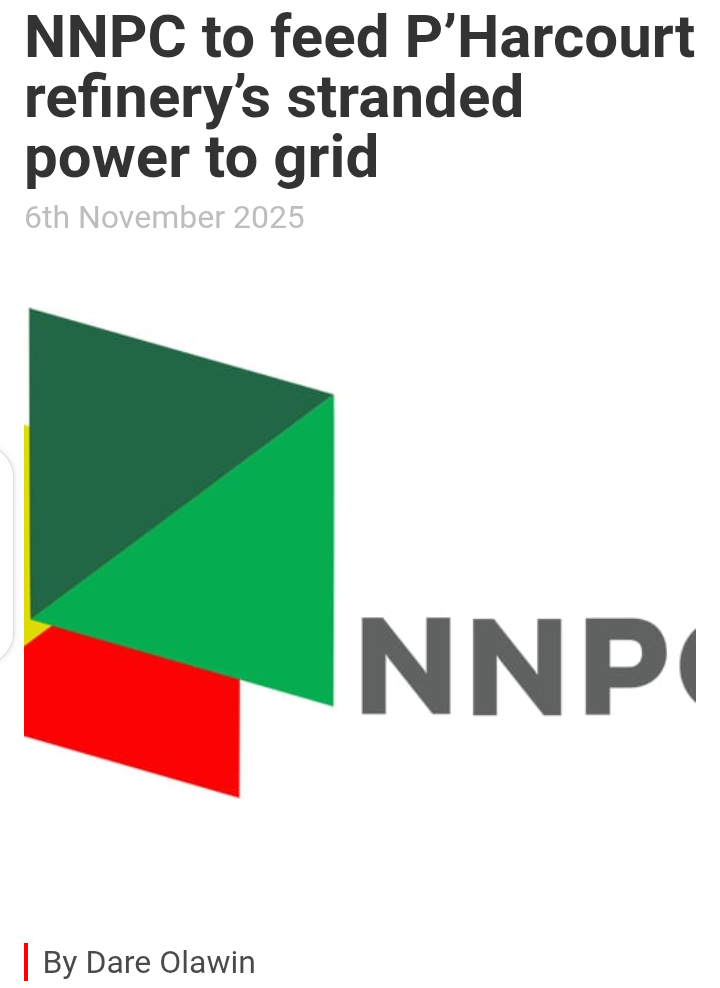Chad: New EUR 28 million African Development Bank-funded solar project to boost Chad’s energy access

Chad has announced the launch of a new solar energy project, funded by a EUR 28 million grant from the African Development Bank (AfDB), which is set to significantly boost the country’s energy access and address its energy challenges. This initiative is part of Chad’s broader strategy to diversify its energy sources, reduce its reliance on fossil fuels, and increase the availability of affordable and sustainable power to its population. The project is expected to have far-reaching effects on Chad’s economic growth, environmental sustainability, and social development.
The solar project, which is one of the largest renewable energy initiatives in Chad to date, aims to increase the country’s energy production capacity by harnessing the power of solar energy. It is expected to provide electricity to thousands of households and businesses, particularly in rural and underserved areas where access to reliable energy has long been a challenge. By tapping into Chad’s vast solar potential, the project will help to address the energy deficit that has hindered the country’s development, making it one of the most important energy initiatives in the region.
According to the African Development Bank, the funding for the project will be used to develop a solar power plant and associated infrastructure, including energy storage systems and distribution networks. The project will be implemented in several phases, with the first phase focused on setting up the solar power plant, while subsequent phases will involve expanding the distribution network to ensure that electricity reaches remote areas of the country. This will play a crucial role in improving the reliability and accessibility of power across Chad.
Chad, like many other African nations, has faced significant energy access challenges due to a combination of factors, including limited infrastructure, inadequate investment in the energy sector, and the high cost of energy imports. With a population of over 15 million people, the country has one of the lowest electrification rates in Africa, with only a small percentage of the population having access to reliable electricity. This has harmed economic development, with many businesses unable to operate at full capacity and households lacking access to essential services such as lighting, heating, and refrigeration.
The new solar project is expected to have a transformative impact on Chad’s energy landscape, helping to increase electrification rates and reduce the country’s dependence on imported energy. Solar power is seen as an ideal solution for Chad, as the country has abundant sunlight throughout the year, making it well-suited for solar energy production. By investing in solar power, Chad can tap into a clean, renewable source of energy that will not only provide more electricity but also help to reduce the environmental impact of energy generation.
In addition to its environmental benefits, the solar project is expected to have a positive economic impact by creating jobs, stimulating local industries, and attracting further investment in the energy sector. The construction and operation of the solar power plant will generate employment opportunities for local communities, including jobs in construction, operations, and maintenance. The increased availability of electricity will also help to improve productivity in various sectors, such as agriculture, manufacturing, and services, which have been hampered by the lack of reliable energy.
The project aligns with Chad’s national development goals and its commitment to achieving the United Nations’ Sustainable Development Goals (SDGs), particularly SDG 7, which focuses on ensuring access to affordable, reliable, sustainable, and modern energy for all. By increasing access to renewable energy, the solar project will contribute to reducing poverty, improving healthcare, and boosting educational opportunities, as access to electricity is essential for the functioning of schools, hospitals, and other public services.
For the African Development Bank, this project is part of its ongoing efforts to support renewable energy projects across the continent and promote sustainable development. The bank has been a key player in financing energy infrastructure projects in Africa, with a focus on expanding access to clean energy, particularly in countries with limited energy access. The solar project in Chad is a testament to the bank’s commitment to supporting energy transition and addressing Africa’s energy deficit, which is a critical barrier to economic and social development on the continent.
In conclusion, the EUR 28 million solar project funded by the African Development Bank represents a significant step forward in Chad’s efforts to improve its energy access and transition to renewable energy sources. The project is expected to have far-reaching benefits, not only by providing electricity to underserved communities but also by contributing to the country’s economic growth and environmental sustainability. As the project progresses, it is hoped that it will serve as a model for other African nations seeking to expand their energy infrastructure and reduce their reliance on fossil fuels. With continued investment and support, Chad’s energy sector could be transformed, creating a more sustainable future for its citizens.





Responses